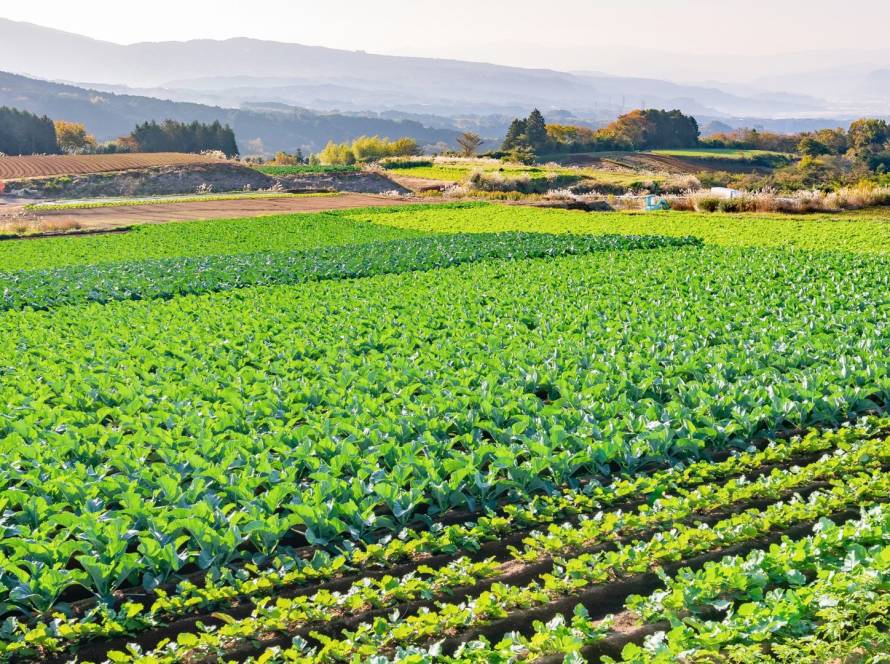Agriculture and agricultural culture do not seem, at first glance, to be major channels of traditional income and impact on the economy. However, making agriculture sustainable and putting effort into it organically will help the future of innovative agriculture and increase employment. It is necessary to mention the importance of organic effort in today’s agricultural sector, where machines have increased.
Direct Impact on Biodiversity
Sustainable agriculture and organic efforts are important concepts that shape the future of the agricultural sector today. These concepts form the basis for the transition to a more balanced and ethical agricultural model, both environmentally and economically. Organic farming aims to rethink plant-growing processes by supporting natural cycles without the use of chemical fertilizers and harmful pesticides. This not only improves soil quality but also protects water resources and promotes biodiversity.
Geographic Adoption and Application Adventure
Adopting sustainable agriculture enables agriculture to become more economically resilient and long-term. Unlike traditional farming methods, sustainable agriculture aims to make the best use of the resources provided by nature. This increases productivity in the long run and prevents soil erosion. At the same time, sustainable agricultural practices provide economic benefits to local communities and support employment in the agricultural sector.
We Attach Importance to Incentives in Agriculture
The adoption of organic effort aims to minimize environmental impacts by reducing chemical inputs in agricultural production. This not only protects soil, water, and air quality but also provides consumers with healthier and more natural products. The increasing demand for organic products encourages the adoption of sustainable practices in the agricultural sector.
As Zeytursan, we are aware of our responsibilities in sustainable agriculture and organic efforts. We focus on environmentally friendly practices in our production processes and aim to maximize the benefits of organic agriculture. In this regard, when choosing the raw materials used in our products, we aim to protect natural resources and leave a sustainable agriculture legacy for future generations. We will continue to contribute to a greener and healthier world by adhering to these values in the future.
Women’s Role in Sustainable Land Management
The rate of women working in agriculture worldwide is around 40–50%. However, women often have fewer opportunities than men in areas such as education, finance, and land ownership. When we look at productivity statistics globally, it would not be wrong to say that if women are provided with equal rights and access to resources, agricultural productivity can increase by 20–30%.
Policies and Actions
Women often represent a significant agricultural population in local communities, and therefore their participation is critical in establishing and implementing sustainable agricultural policies. Addressing gender inequalities in education, finance, and land ownership can increase women’s agricultural productivity. Greater participation of women in agricultural processes can make positive contributions to food security both locally and globally.
The basis of sustainable agriculture is an understanding that is compatible with nature and based on social justice. This understanding is also supported by making the effort organic and integrating human and machine power into the sector in a balanced manner. As Zeytursan, we continue to act together to build our sustainable future.





